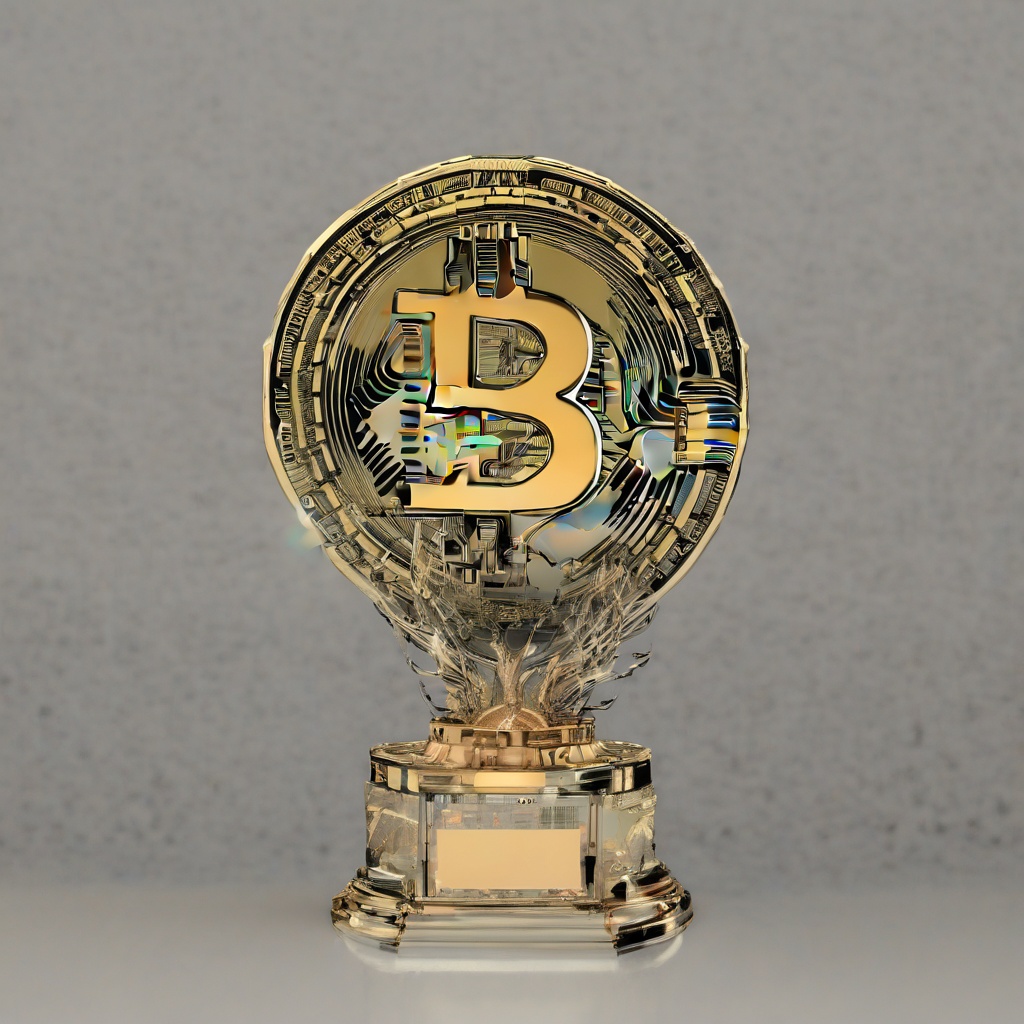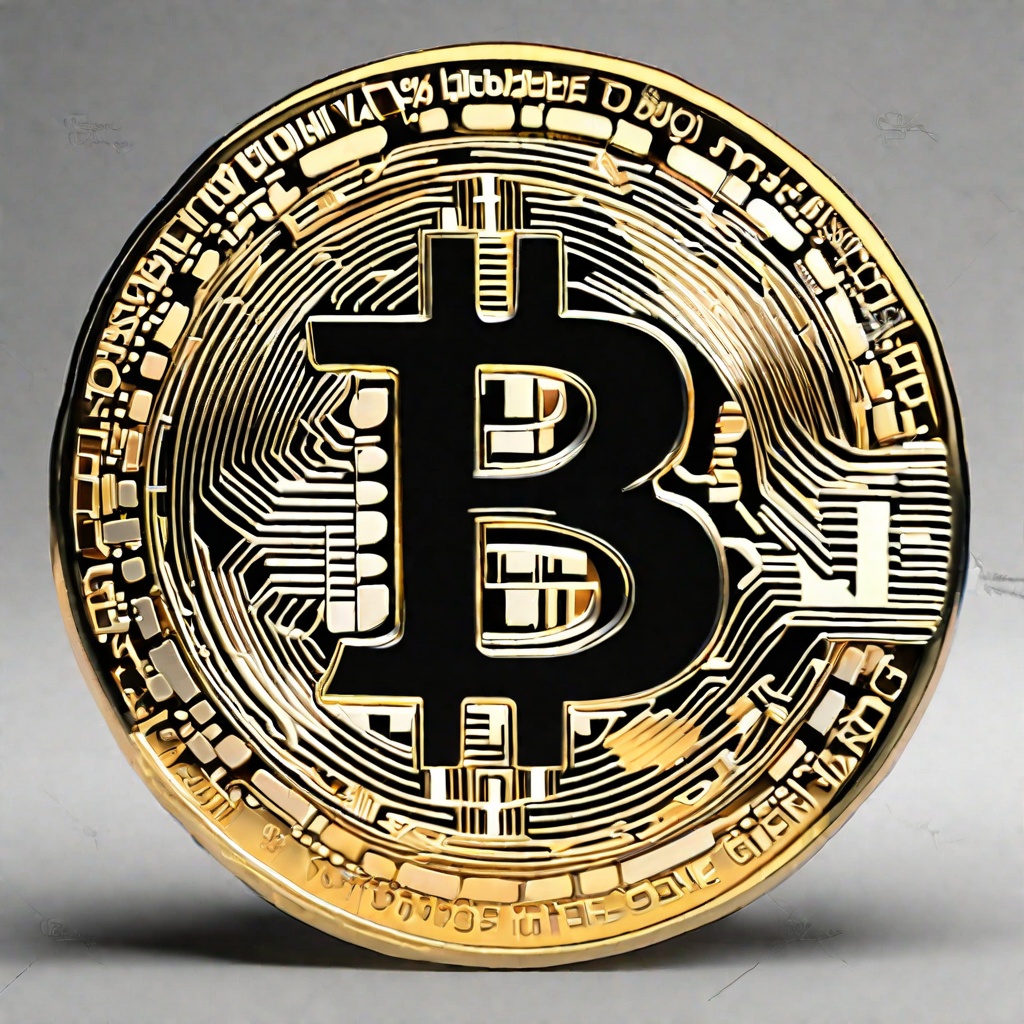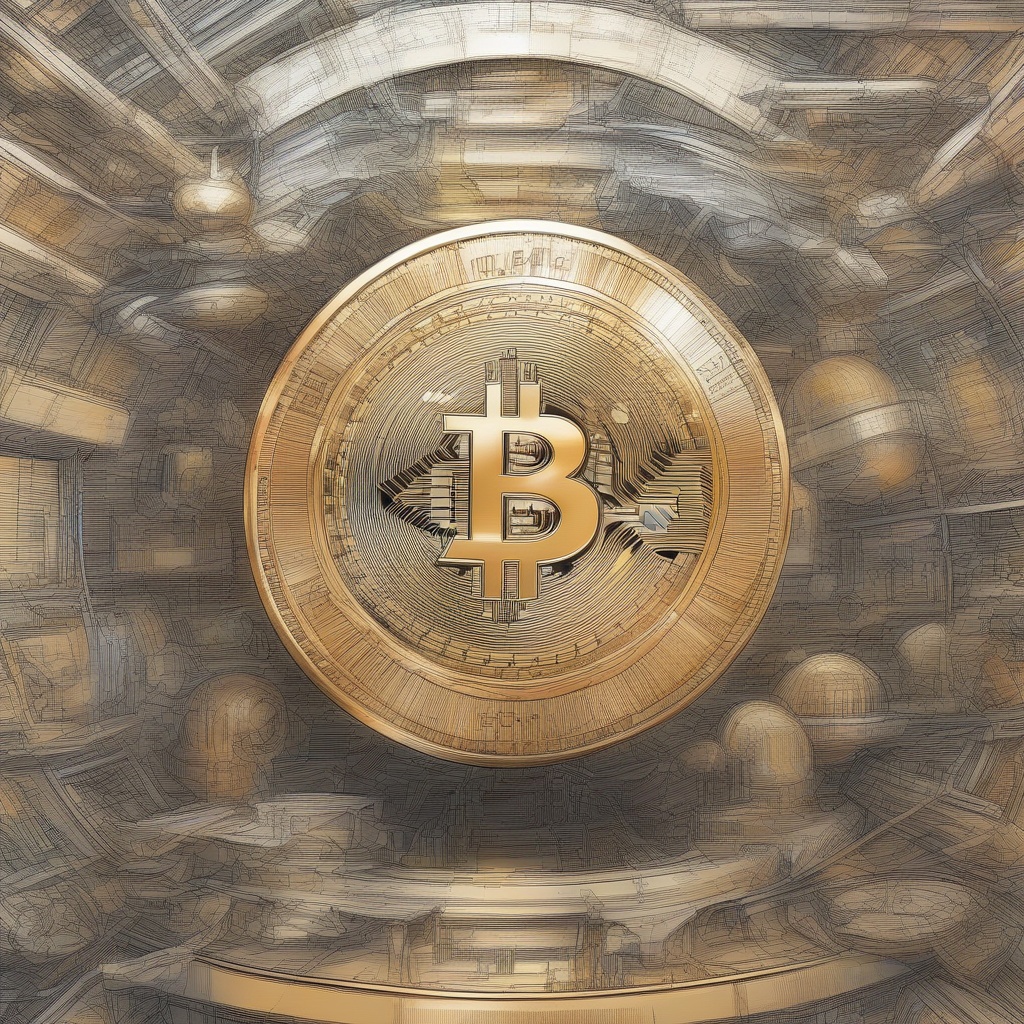What is DeFi fees?
Could you please explain what DeFi fees are in simple terms? I've heard the term being used frequently in the cryptocurrency space, but I'm not entirely sure what it entails. Are these fees associated with using decentralized finance platforms? If so, how do they differ from traditional financial fees? Are there any benefits or drawbacks to paying DeFi fees? And lastly, are there any best practices or tips for minimizing these fees?

How to get rich with DeFi?
Are you curious about the possibilities of getting rich with DeFi? Decentralized Finance, or DeFi, is a rapidly growing sector in the cryptocurrency world that offers unique opportunities for wealth generation. But how exactly can you capitalize on this trend? Let's dive into some of the key strategies and considerations to help you navigate the world of DeFi and potentially increase your financial standing. Firstly, understanding the basics of DeFi is crucial. DeFi platforms leverage blockchain technology to offer financial services without the need for traditional intermediaries like banks. This includes services like lending, borrowing, trading, and even earning interest on your digital assets. One popular way to get involved in DeFi is through yield farming. This involves locking up your crypto assets in DeFi protocols in exchange for rewards, often in the form of tokens or interest payments. However, it's important to note that yield farming can be risky, as returns can be highly volatile and some protocols may be prone to security breaches. Another option is to invest in DeFi tokens. Many DeFi projects have their own native tokens, which can appreciate in value as the protocol grows in popularity and adoption. However, as with any investment, it's important to conduct thorough research and understand the risks involved before committing your funds. Finally, staying up-to-date with the latest DeFi trends and developments is key. The DeFi space is constantly evolving, with new protocols, tokens, and opportunities emerging all the time. By staying informed, you can position yourself to take advantage of these opportunities as they arise. So, can you get rich with DeFi? While there are certainly no guarantees, the potential for significant returns is certainly there. However, it's important to approach DeFi with a healthy dose of skepticism and a willingness to do your homework. With the right knowledge and strategies, you may just find yourself on the path to financial freedom.

How to make money with DeFi crypto?
Are you curious about how to generate income with DeFi crypto? Decentralized Finance, or DeFi, is a rapidly growing sector within the cryptocurrency world that offers exciting opportunities for earning passive income. By leveraging smart contracts and blockchain technology, DeFi platforms enable users to participate in various financial services such as lending, borrowing, trading, and more without the need for intermediaries. But how exactly can you make money with DeFi? One popular method is to lend your cryptocurrency to others through DeFi lending platforms. You can earn interest on your deposits, often at much higher rates than traditional banking systems. Another option is to participate in yield farming, which involves locking up your crypto in liquidity pools to earn rewards in the form of trading fees or tokens. There are also opportunities for traders to profit from price movements in DeFi tokens, as many of these projects are still in their early stages and have significant upside potential. However, it's important to remember that DeFi is a highly speculative and volatile market, and there are risks involved. So, if you're interested in learning more about how to make money with DeFi crypto, it's crucial to do your research and understand the risks and rewards involved. By educating yourself and staying up-to-date with the latest developments in the DeFi space, you can position yourself to take advantage of the many opportunities available.

What is the difference between DeFi and DeX?
Could you please elaborate on the distinction between DeFi and DeX? How do they differ in their functions, applications, and implications within the cryptocurrency and finance landscape? Understanding these differences seems crucial for those navigating the ever-evolving digital economy.

How safe is DeFi?
As someone considering investing in the world of decentralized finance, or DeFi, I'm naturally curious about its safety. With the promise of increased autonomy and transparency, it's tempting to dive in, but I've heard stories of hacks and scams. So, how SAFE is DeFi really? Are there measures in place to protect investors' funds and personal information? What are the potential risks I should be aware of before diving into this emerging financial landscape?

